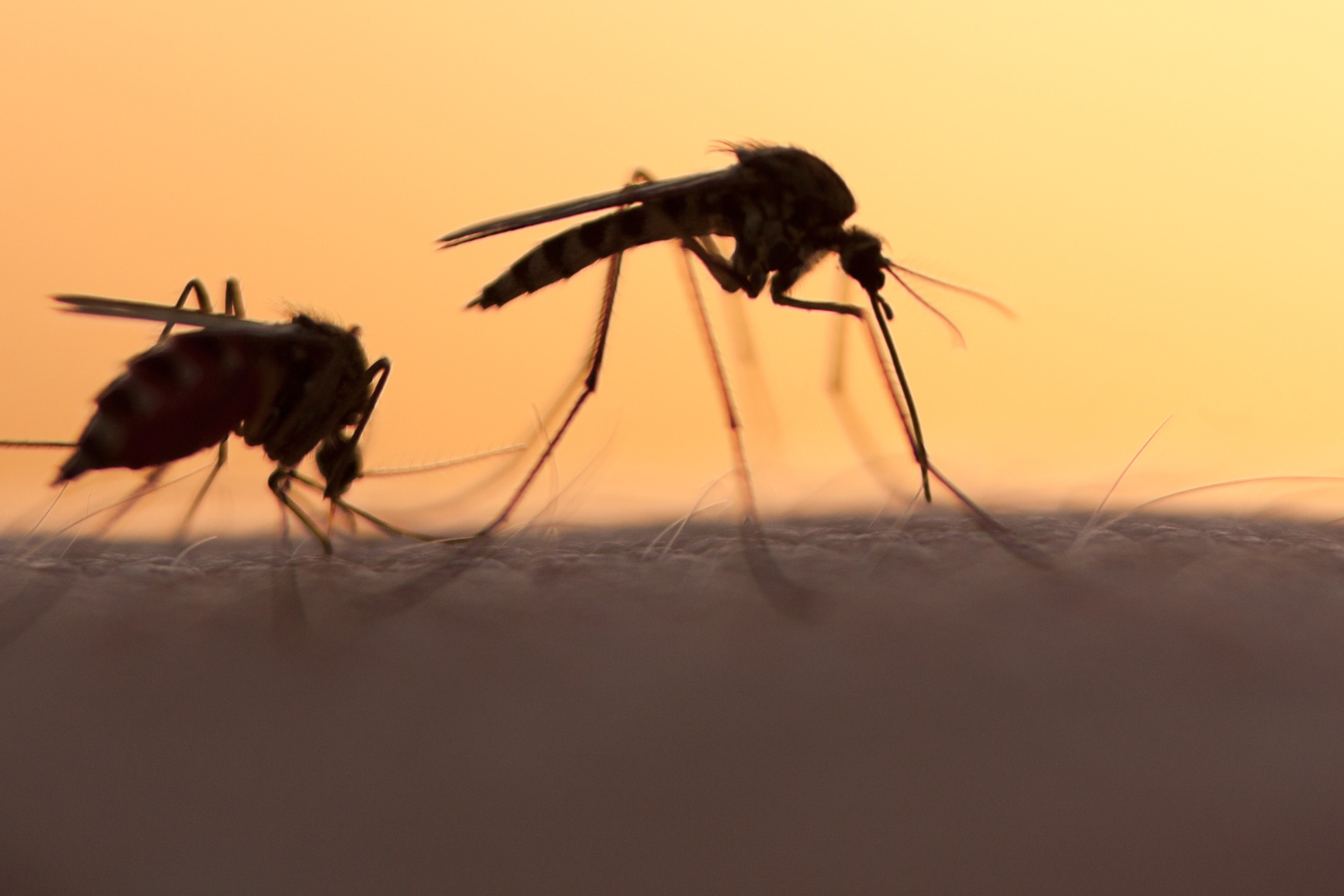A structured diagnostic approach is required when assessing for Japanese encephalitis virus in patients with encephalitis.
A medical education article published today in The Medical Journal of Australia states that Japanese encephalitis virus (JEV) risks becoming an ongoing seasonal challenge in some parts of Australia.
The article by Dr Sarah Allen and colleagues states that the virus is likely to persist in mainland Australia.
“JEV is known to overwinter in temperate regions and cause seasonal summer–autumn outbreaks, so there is potential that JEV might become an ongoing seasonal challenge in temperate Australia,” the researchers wrote.
“Establishing effective diagnostic pathways and developing targeted prevention strategies are key priorities to minimise the impact of this new threat.”
Acuity
The article said one-third of patients with JEV infection die of the acute illness, and a further one-third have long term neurological disability.
“Excellent neurological support in intensive care may mitigate these risks through seizure control and the minimisation of raised intracranial pressure, but there is an absence of evidence for any disease specific treatments [here and here],” the researchers wrote.
“Japanese encephalitis often presents in a similar manner to other viral encephalitides, with an initial prodrome of fever and headache being common.
“This is often followed by one or more of altered behaviour, altered consciousness, and seizures,” they wrote.
In commenting on her research for InSight+, lead researcher Dr Sarah Allen, who is an Advanced Trainee in Paediatric Infectious Diseases based at the Women’s and Children’s Hospital in Adelaide, said both prevention and proper diagnosis was vital.
“JEV is no longer a rare infection of returned travellers and remote far north communities,” Dr Allen said.
“It is important that general practitioners and physicians, especially those in rural areas, are equipped with the knowledge to recognise, diagnose, and prevent Japanese encephalitis.”
“Clinicians are drawn to the specificity of [polymerase chain reaction (PCR)], but in reality this test has limited utility in the diagnosis of Japanese encephalitis.”
More cases than first thought
The article coincides with a recent survey, conducted by the Victorian Department of Health, which found greater exposure to the virus in northern Victoria than first thought.
The survey of more than 800 people was conducted in the regions of Loddon Mallee, Goulburn Valley, and Ovens Murray, finding one in 30 people who took part in the survey had evidence of a prior infection with JEV.
“By finding more cases than we were previously aware of, this important research reinforces the risk to all in the community that mosquito-borne diseases pose, especially in light of recent flood activity,” Victoria’s Deputy Chief Health Officer Associate Professor Deborah Friedman said.
“There are sensible steps people can take to avoid mosquito bites. Wear long, loose-fitting, light-coloured clothing, use insect repellents, clear stagnant water around homes or properties, and avoid the outdoors when mosquitoes are observed, especially at dusk and dawn.”
The eligibility criteria for vaccination against JEV in Victoria has also been extended to seven new local government areas: Greater Bendigo, Northern Grampians, Hindmarsh, Horsham, Buloke, Yarriambiack and West Wimmera. Vaccination remains free of charge for those most at risk.
The serosurvey was run by the Department of Health in collaboration with local public health units and the Victorian Infectious Diseases Reference Laboratory.
Two people have died from JEV infection in Victoria this mosquito season.
Vaccination eligibility
More information about JEV vaccination eligibility is available on state or territory health websites:
- Australian Capital Territory
- New South Wales
- Northern Territory
- Queensland
- South Australia
- Tasmania
- Victoria
- Western Australia
Subscribe to the free InSight+ weekly newsletter here. It is available to all readers, not just registered medical practitioners.

 more_vert
more_vert